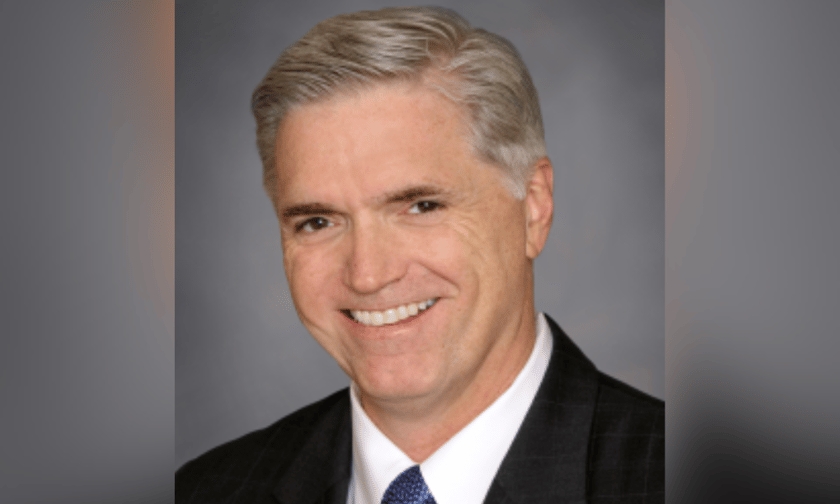Industry is responsible for promoting appropriate use of data and risk management

Artificial intelligence (AI) is poised to transform the property and casualty (P&C) insurance industry, positioning insurers to play a critical role in advancing ethical AI practices across industries, according to a new report from the Insurance Information Institute (Triple-I) and SAS, a data and AI technology company.
The reportentitled “Pioneering Ethical AI: The Crucial Role of Property and Casualty Insurers,” explores how P&C insurers can contribute to the development of cross-industry regulatory and technological best practices.
“When it comes to artificial intelligence, insurers must work alongside regulators to build trust,” said Matthew McHatten, president and CEO of MMG Insurance.
He stressed that insurers can provide important insights to guide regulatory discussions while highlighting the potential value of AI for policyholders.
According to the report, AI regulation has already begun, with a fragmented approach based on geographies. This is expected to create a complex regulatory environment. P&C insurers, with their understanding of both risk and regulation, are well-positioned to help shape AI regulations that are practical and adaptable.
P&C insurers have long used data to assess risk, but they also recognize the importance of anticipating unpredictable future risks. Their forward-looking approach is seen as essential to navigating the ever-changing AI landscape.
For centuries, insurers have developed expertise in data management, understanding both its potential and its limitations. This experience will be crucial as AI continues to advance.
The insurance industry operates within a complex global regulatory landscape that includes all 50 states, Washington DC and several other jurisdictions, as well as more than 200 countries and territories. Insurers’ ability to navigate this regulatory web will be critical to developing effective AI regulations.
Peter L Miller (pictured above), President and CEO of The Instituteswho will moderate the webinar, stressed that insurers are in a unique position to help individuals and businesses leverage AI while managing its risks. Miller said a forward-thinking approach is essential to ensuring AI benefits society as a whole.
A recent survey by SAS found that 60% of insurance executives said their organizations have already started using generative AI, and 90% said they plan to invest in generative AI in the next fiscal year.
Reggie Townsend, vice president of data ethics at SAS, said the insurance industry’s global reach allows it to serve as a model for responsible AI practices. He stressed that trust is key to AI deployment and that insurers can play a central role in ensuring AI is used responsibly.
The report also recommends that insurers adopt an AI ethics framework in the short term, improve management knowledge on the subject and train employees on the responsible use of AI, paying particular attention to privacy and system security. Insurers are also encouraged to participate in AI ethics initiatives and offer AI risk management advice to policyholders.
Michael Fitzgerald, insurance industry advisor at SAS and a speaker at the webinar, said the growing use of AI offers P&C insurers an opportunity to become leaders during a period of technological change.
He added that as AI regulation evolves, insurers can leverage their risk expertise, regulatory knowledge and data management skills to guide the development of ethical AI across industries.
In conjunction with the report’s release, Triple-I and SAS will host a webinar on September 12, featuring three sessions and on-demand access at a later date. Industry experts including Jennifer Kyung, vice president of P&C underwriting at USAA, Iris Devriese, head of AI liability at Munich Reand McHatten, will participate.
What do you think about this story? Feel free to share your comments below.
Related articles
Stay up to date with the latest news and events
Join our mailing list, it’s free!



